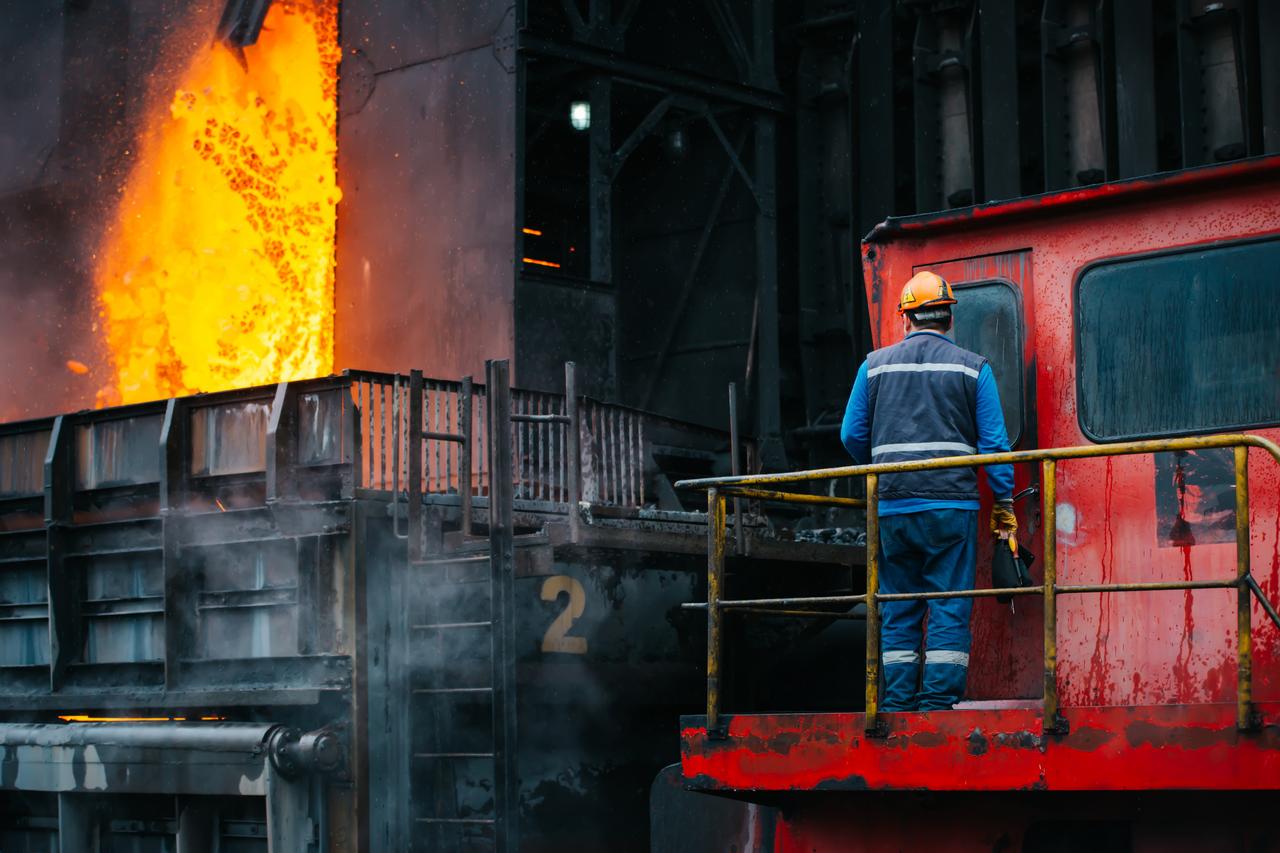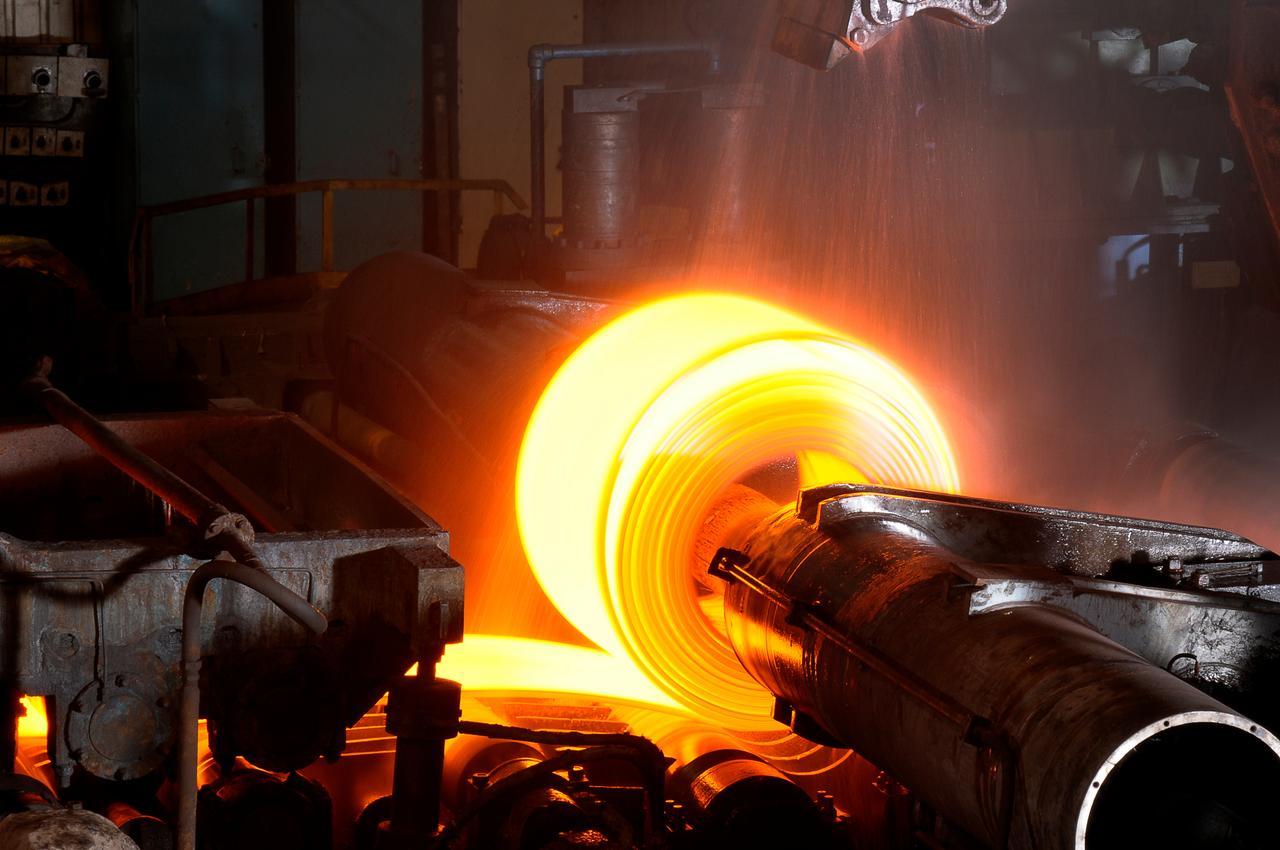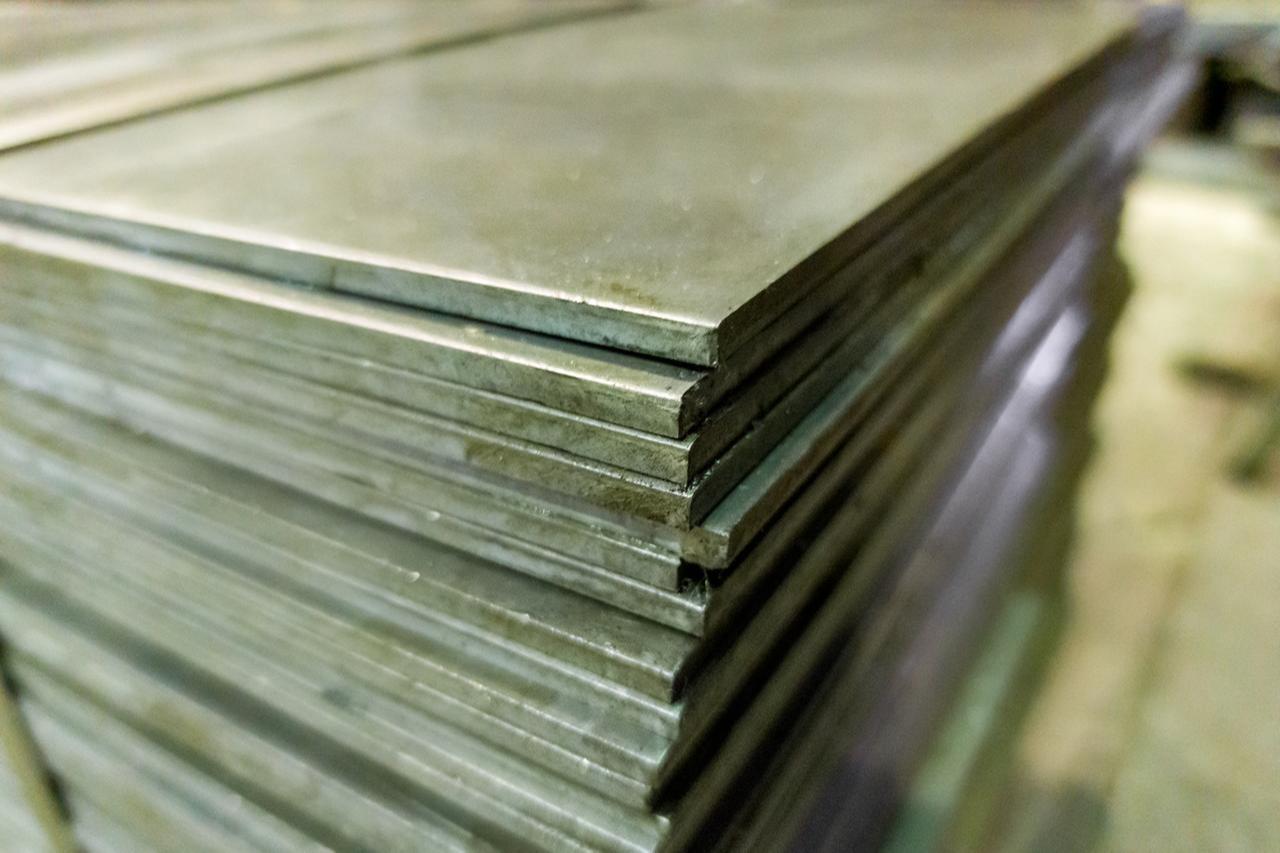
Türkiye’s steel producers have called on the government to adopt stronger trade defense measures against imports from Asia, warning that state-backed products from China, Russia, India, and other Far Eastern countries are distorting competition and leaving much of the country’s production capacity idle.
Türkiye is the world’s second-largest steel importer, excluding the European Union. In 2024, the country imported 18.3 million metric tons of steel, representing a 37.3% increase since 2014, data from the U.S. International Trade Administration shows.
According to the Turkish Steel Producers Association (TCUD), imports of steel from China alone have increased more than 10-fold since 2020.
General Secretary Veysel Yayan said these products often enter the domestic market at prices far below local production costs, undermining both capacity utilization and investment plans, as Türkiye’s 60 million ton capacity is being underused due to the surge in imports.
"Chinese and Far Eastern steel products, supported by heavy state subsidies, have increasingly targeted the Turkish market in recent years, creating serious pressure on domestic producers," Yayan said.
Yayan added that imported products sometimes fail to meet international standards consistently, with concerns raised about certification reliability and batch-level quality differences.
By contrast, he argued that Turkish steel producers have established a strong global reputation, exporting to around 180 countries while strictly applying international standards such as EN, ASTM, and TSE.
"Thanks to quality control and traceability mechanisms, product reliability is ensured at a high level, making Turkish steel preferred not only domestically but also worldwide," he noted.

In October 2024, the Trade Ministry unveiled an anti-dumping measure on hot-rolled flat steel imports from China, India, Russia, and Japan, ranging from 6.1% to 43.31% of the cost, insurance, and freight (CIF) value.
Most recently, Türkiye also imposed a five-year anti-dumping duty on thick-rolled steel products from South Korea, with rates ranging from 4.34% to 9.4% depending on the producer, effective September 3.
Haluk Kayabasi, CEO of Kibar Holding, said anti-dumping duties alone would not be sufficient to safeguard the local industry. He urged authorities to also enforce strict origin checks, strengthen quality controls, and prioritize domestic products in public procurement.
"Products priced below cost through state subsidies in countries such as China and Indonesia have created an unsustainable competitive environment in Türkiye," Kayabasi said. He added that high financing costs faced by Turkish manufacturers should be alleviated through accessible credit and incentive mechanisms to make protective measures more effective.
Kayabasi warned that cheap imports are made possible not by efficiency but by subsidies and carbon-intensive "dirty" production methods. "In the short term, imported products may appear cheaper, but in the medium term they cause serious damage to Turkish industry and in the long term create dependency in strategic production," he said.

Ugur Dalbeler, general manager of Colakoglu Metallurgy, highlighted the risk of long-term damage if domestic producers cannot maintain sufficient utilization levels. He said capacity use had fallen below 60% over the past two years.
"If measures are not taken, Türkiye’s steel sector will face irreparable harm. Without steel, there can be no manufacturing industry, no industrial development, and no exports," Dalbeler said.
He stressed that steel is among the most widely used materials in human activity and that the sector requires continuous, capital-intensive investment to remain viable.